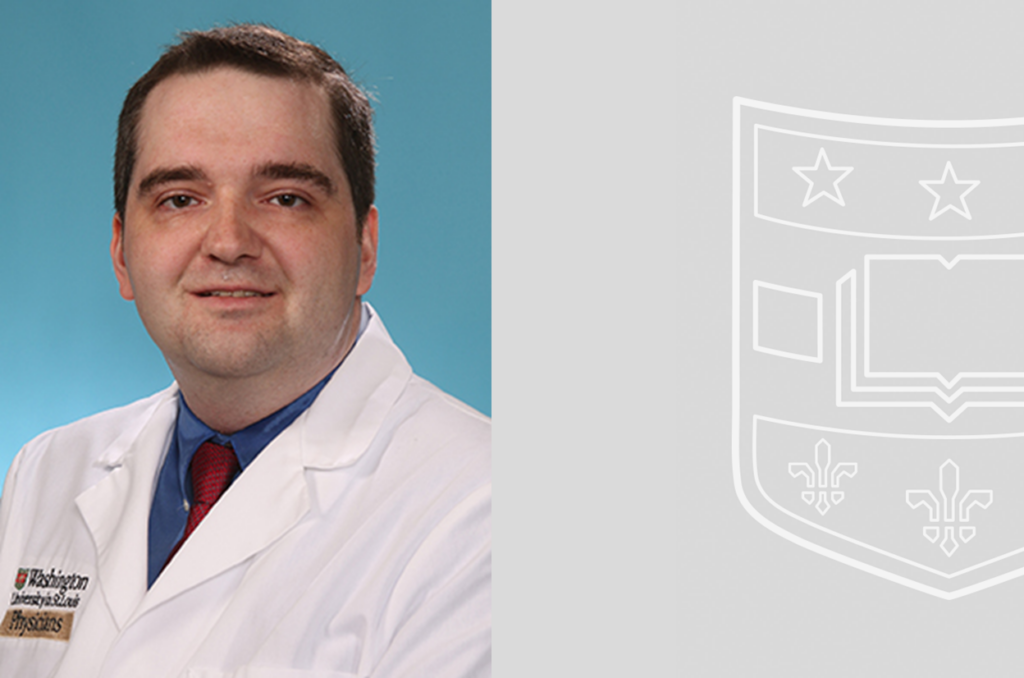Dr. David Rawnsley joined the Department of Medicine in the Division of Cardiology as an instructor in July of 2022. After completing undergraduate training in biology at Duke University, Dr. Rawnsley chose to pursue dual MD, PhD training in the Medical Scientist Training Program at the University of Pennsylvania. During his PhD training, he joined the lab of Dr. Mark Kahn due to dual interests in cardiovascular medicine and developmental biology. His thesis work focused on two separate projects, characterizing the evolutionarily conserved role for the transcription factor atonal homolog 8 in cardiovascular development, and identifying the molecular mechanisms underlying cerebral cavernous malformations (CCM), a type of human genetic vascular malformation. This work demonstrated a role for endothelial MAP kinase signaling in CCM formation and identified a novel therapeutic target for these vascular malformations. Following completion of his MD, PhD training, Dr. Rawnsley pursued his graduate medical education at Washington University in St. Louis in the Physician Scientist Training Program for his internal medicine residency and cardiology fellowship. In the course of developing his clinical skills in medicine and cardiology, he developed a research interest in mechanisms of cardiac repair and remodeling, which were related to the cardiovascular developmental processes he studied previously in his PhD training.
After completing the clinical portion of his fellowship, he pursued postdoctoral training in the laboratory of Dr. Abhinav Diwan at Washington University. He has undertaken multiple projects in the Diwan lab, identifying a novel role for the E3 ubiquitin ligase TRAF2 in cardiomyocyte mitophagy, and finding a novel role for proteostasis in cardiomyocytes under metabolic stress from excessive lipid accumulation. These studies have led to a successful K08 career development award application to support his transition to an independent physician scientist career. Dr. Rawnsley’s long-term aim is to develop an independent research program studying the role of lysosomes and autophagy in cardiovascular development and in cardiac repair, with a particular focus on injury repair from metabolic stress. In addition to exploring the basic science underlying these processes, his secondary goal is to translate these findings into novel therapies that can potentially be used clinically. His key interests are general cardiology, echocardiography, cardiometabolic disease and his research areas are studying the role of cardiomyocyte lysosomes and autophagy in cardiovascular development and in the cardiac injury response, with a focus on the role of these processes in cardiometabolic stress. In addition to his research interests, his clinical interests are in general cardiology, cardiometabolic disease, and echocardiography.
